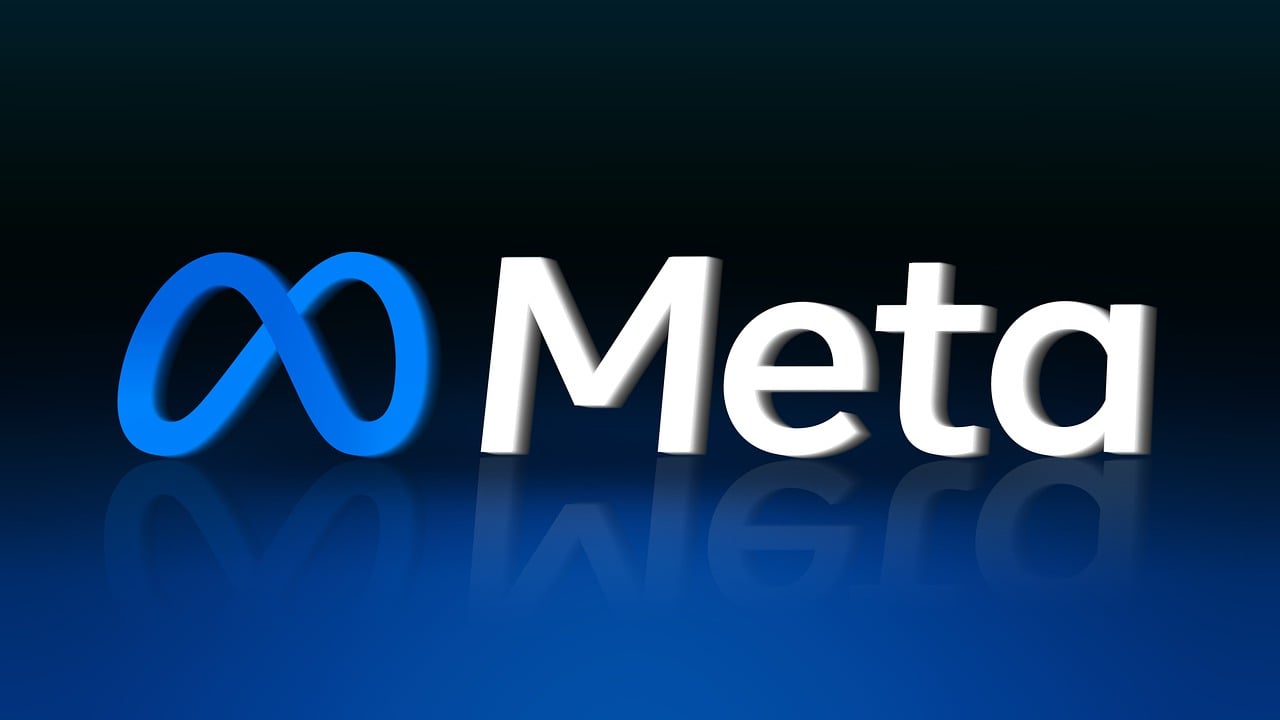
Meta’s Battle Against Deepfakes: Inside the AI Labeling Revolution
Meta has recently announced a significant initiative to label AI-generated images across all its platforms, including Facebook, Threads, and Instagram. This move, disclosed on February 6, follows closely on the heels of a pointed recommendation from Meta’s oversight board, urging the company to revise its policy regarding AI-generated content. The board’s advice was prompted by concerns raised over a digitally manipulated video involving US President Joe Biden circulating online.
Emphasizing the importance of addressing the potential harm of AI-generated content, Meta’s President of Global Affairs, Nick Clegg, stressed the need for labeling to safeguard users and combat disinformation. Clegg revealed that Meta has already commenced collaboration with industry partners to develop a labeling solution. He stated, “We’ve been working with industry partners to align on common technical standards that signal when a piece of content has been created using AI.”
Meta’s labeling efforts extend beyond images produced by its own AI models. The company has begun partnering with various firms, including Google, OpenAI, Microsoft, Adobe, Midjourney, and Shutterstock, to label AI-generated images. These images are distinguished by the tag “Imagined with AI.” To effectively identify such content, detection tools rely on consistent identifiers embedded in the images’ metadata or invisible watermarks.
While Meta’s current focus is on labeling images, the prevalence of AI-generated audio and video content is not overlooked. Although no standardized detection technology for audio and video exists yet, Meta is actively pursuing its development. In the meantime, users are encouraged to disclose when sharing AI-generated audio or video content, allowing Meta to apply appropriate labels.
Failure to disclose AI-generated content may result in penalties imposed by Meta, particularly for content with a high potential to deceive the public. In such cases, Meta may also apply more prominent labels to provide users with essential context. This proactive approach underscores Meta’s commitment to promoting transparency and mitigating the adverse effects of AI-generated content on its platforms.
In summary, Meta’s announcement marks a significant step towards addressing the challenges posed by AI-generated content. By collaborating with industry partners and implementing labeling measures, Meta aims to enhance user safety and trust while combating misinformation across its platforms. As the company continues to refine its approach and explore new technologies, it remains steadfast in its commitment to fostering a safer online environment for all users.







